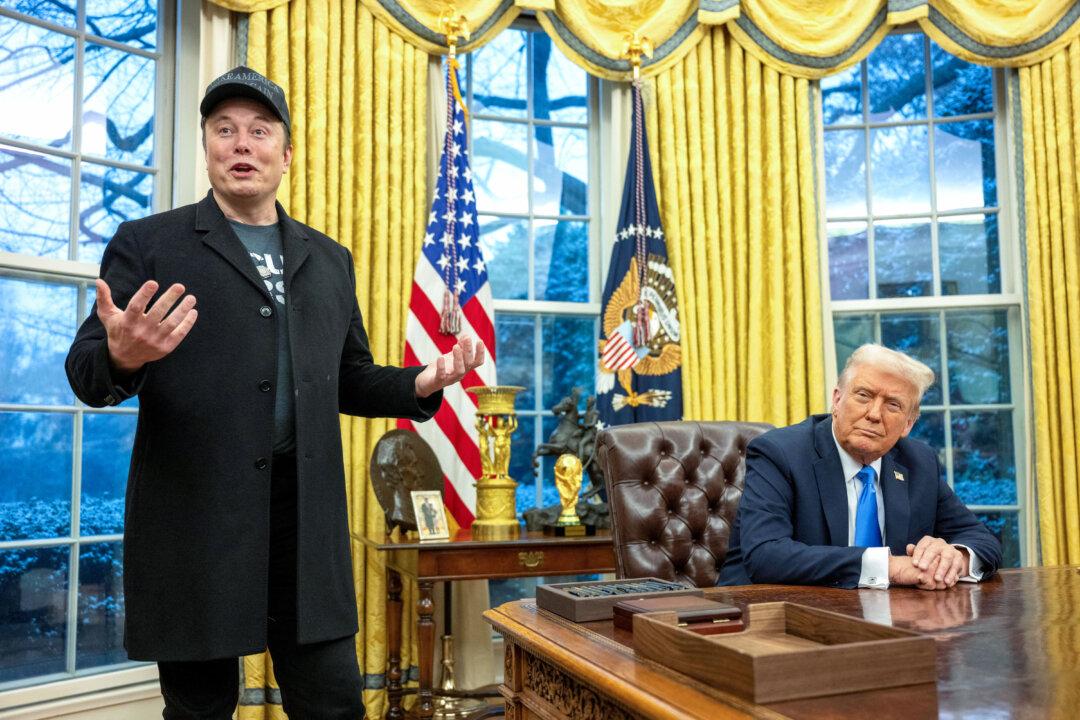The Trump administration on May 21 submitted a petition to the Supreme Court to block discovery in a lawsuit that seeks access to information about the Department of Government Efficiency (DOGE).
The emergency application asks the high court to lift a lower court order that allowed limited discovery into whether DOGE can be considered a government agency in a lawsuit filed earlier this year by Citizens for Responsibility and Ethics in Washington against the administration and DOGE.





